About Xylitol
" Xylitol is the biggest advance against cavities since fluoride " - British Dental Health Foundation

Xylitol helps prevent cavities before they form.
Xylitol-enriched Fluoride toothpastes have been shown to work better than Fluoride-only toothpastes
So, what is Xylitol?
Xylitol is a natural sugar found in plums, strawberries, and raspberries and birch trees. It is also made in small amounts in our bodies.
Is Xylitol new?
No, the positive effects of Xylitol on dental health has been known for over 40 years and it widely used in Scandinavian countries and the US. There have been more than 300 studies showing its almost incredible effect on preventing and reversing tooth decay - by up to 50%.
How Xylitol works
Every time you eat, the bacteria present in your mouth digest the sugars of your food to produce acids which eat away at the enamel of your teeth. This “acid attack” causes tooth decay and cavities can to begin to form if prolonged.
Xylitol helps prevent decay-causing bacteria from producing the acids that rot teeth. This is because these bacteria are unable to digest Xylitol and so do not produce acids as a by-product. The bacteria also begin to reduce in number and become less sticky so they don’t cling to the surface of teeth where they can do damage.
Xylitol helps to repair the damaged enamel of teeth.Studies have shown that minerals such as calcium and phosphate salts and also fluoride work better to repair the enamel of teeth when Xylitol is present. Even wiping a baby's new teeth with a daily Xylitol wipe can give great protection against decay in the early years.
Studies have shown that children given Xylitol-enriched toothpaste develop fewer cavities than those using fluoride-only toothpaste.
"If a child gets Xylitol a couple of times a day, they will get less decay" - Aubrey Sheiham, emeritus professor of dental public health and University College London
The regular use of Xylitol chewing gum by mothers has been shown to help protect their children’s teeth from tooth decay.This is because Xylitol reduces the number of decay-causing bacteria in the mother’s mouth and in turn helps to reduce the transfer of these bacteria to their baby’s or children’s mouths. It has been shown that mothers who chewed xylitol gum in pregnancy have children who are 70% less likely to have tooth decay at the age of 5.
What should I do?
-
Start early, clean your baby’s mouth and gums. The use of Brush-Baby DentalWipes™ with Xylitol helps to create a healthy environment for new teeth.
-
Avoid cleaning your babies dummy with your own mouth. This helps to prevent the transmission of decay-causing bacteria.
-
Use a baby or children’s toothpaste that includes both Xylitol and Fluoride for brushing their teeth.
-
If you have poor dental hygiene ask your dentist about the use of Xylitol chewing gum to improve your own dental hygiene (this will help protect your children teeth too).




